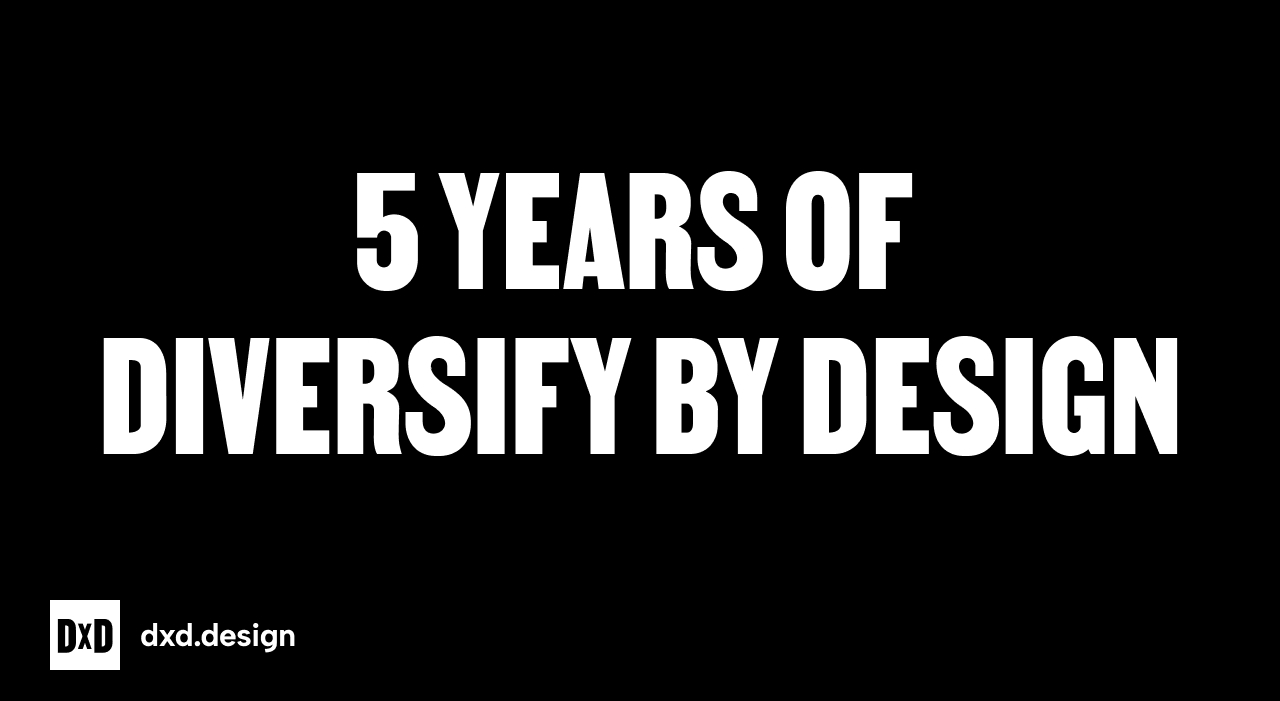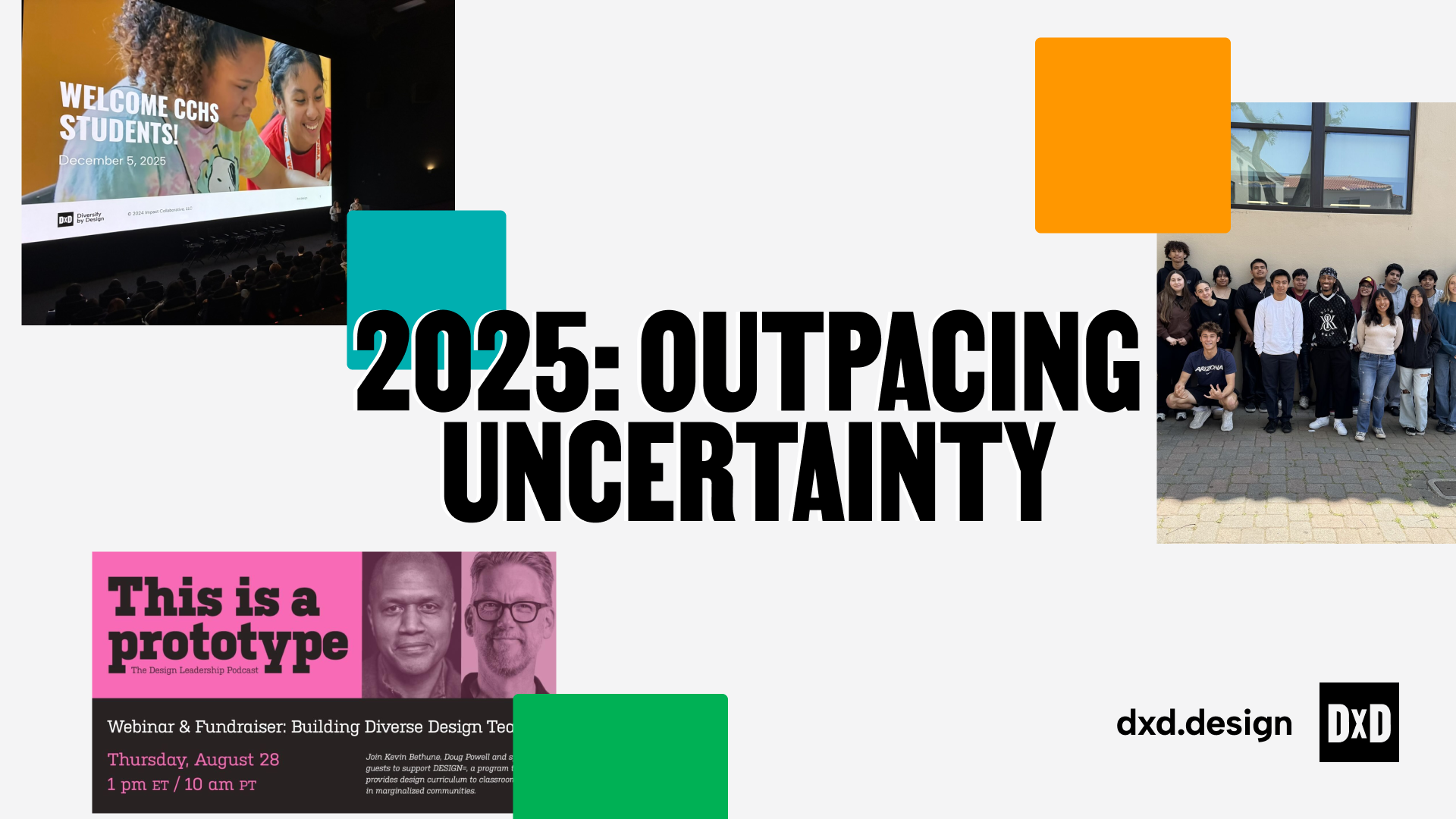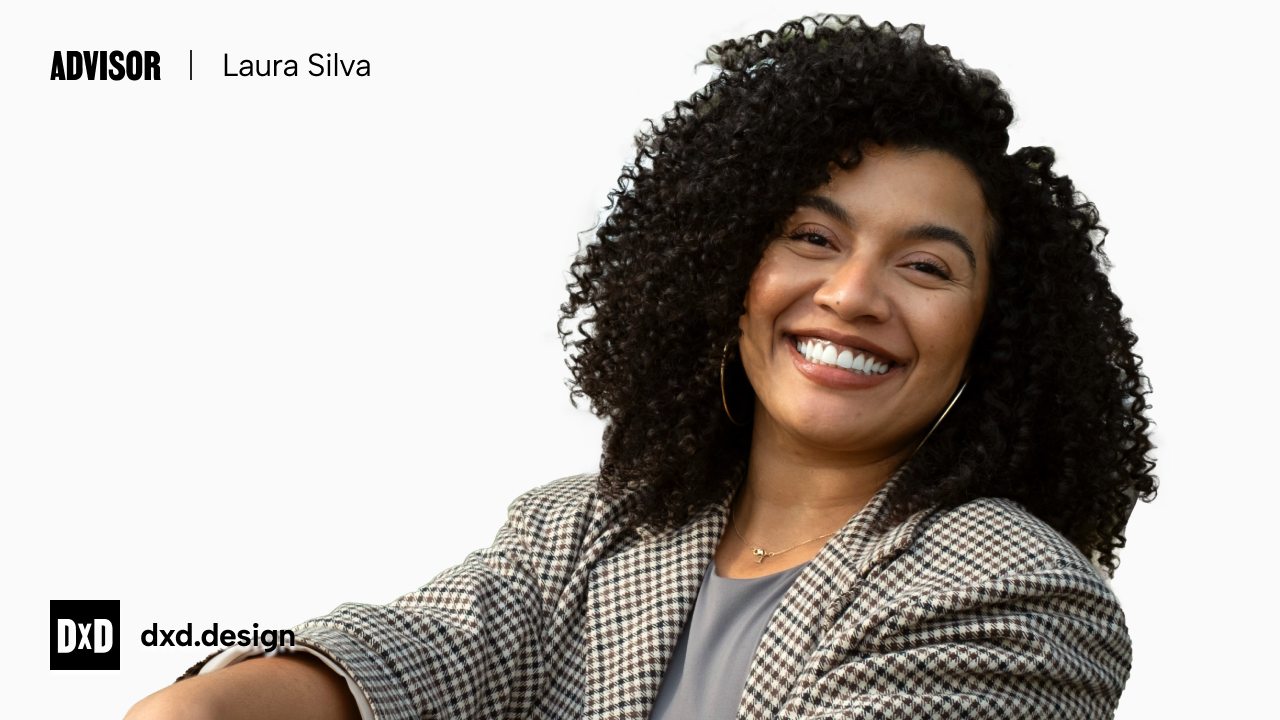Mentorship Matters: Part 2

Welcome back!
We’re here with Hartely Ochavillo, Workday UX Researcher and the man who did the research on the impact of mentorship for Workday, for part two of our interview on the topic.
In this segment, we’re diving really deep; talking race, the importance of representation and how mentorship is a key factor in creating the change necessary for a diverse and inclusive design industry.
Buckle up…this is REALLY good!
________________________________________________________________________________________________________________________________________________________________________________
DxD: What value can mentorship provide to future designers; why is it important?
Hartley: Really, the value is in the intangible—it's in the things that you can't teach in the classroom. No one is going to tell you the hardest part of being a researcher, or being a designer, is actually managing the relationships with the people around you. Every design course teaches the Double Diamond, the iterative cycle of research first, understand the problems, start designing, get the feedback, and then present to your stakeholders, right?
But there's a lot of things that happen in between those points. And ‘present it to your stakeholders’ is the part where things can easily fall apart, because you're supposed to be engaging with them throughout that whole process. Where are you going to learn how to do that? Where are you going to learn that's actually the thing that you’ve got to worry about? Well, you're not going to learn it in a classroom. That’s where mentorship comes in.
DxD: Indeed. In your opinion, what are some of the benefits of mentorship for diversifying the design industry, specifically?
Hartley: This is an easy one, but the complexity of the answer is going to take a bit.
In a very broad stroke, the lack of perspective from different walks of life hurts design and the industry as a whole. If you don't get the perspective of people who are underrepresented, or people that are actually affected by the thing that you're creating, you can cause very real harm or extreme unintended consequences. If you make something that's really good for one group of users, but you fail to consider the implications for everyone else, you create a dystopian world.
Take self-driving/electric cars. I worked for the auto industry for a very long time and self-driving/electric cars were thought of as something that would be good for everybody. But up till just recently, self-driving/electric cars were silent. So how were you going to get people who are sight-impaired to realize that there's an oncoming car?
Then there’s how changes to the loan system affected underserved communities, and facial scanning and its impact on privacy. What are the consequences of doing that? Does it introduce more harm than benefit?
It even shows up in entertainment. Like the Xbox video game camera that didn't recognize people with brown and black skin. It couldn't recognize their faces as human. It's hilarious in some ways, but it's also very concerning. So if you want to truly make something that's innovative, that's going to bring benefit to humanity, you need all of humanity to create it.
DxD: Not just white people.
Hartley: Yeah. Like everybody.
DxD: In our first segment, you mentioned you had Filipino students in your first DxD Intensives cohort and that seeing your face made a difference to them. Representation matters. DxD knows this as fact. What are your views on white folks in design mentoring Black and Brown students, or incoming new hires at the job?
Hartley: Yeah, that's a good question. And it's something that's really going to come down to intentionality. I've seen white mentors be very good at offering advice and actionable things, making solid impacts for people of color, and in a way that's culturally responsive.
It always entails a level of humility. Being able to take any kind of critical feedback, positive or negative; internalize it, and then adjust accordingly. Being aware of the situations that people are in, and the things that they're facing. And having the ability to see beyond themselves and realize, hey, there is this barrier.
A lot of it is just ego checking. The same thing goes for mentors of color, too. You’ve got to check your ego; recognize your privileges and where you're coming from. I recognize that I've been a very lucky person, in far more ways than one. And I check that ego at the door because I don't expect anyone to live the life that I have. I don't expect anyone to fight through some of the things that I did. There might be something in my personality that makes me predisposed to tackle problems the way that I tackle them. So I always take a step back and think, “I was in your shoes here, but I don't know what it's like to be like you in this situation”. And, because I'm a dude, I can get away with being a little bit more straightforward. But I'm not white, so I have to be careful sometimes.
DxD: Unfortunately, that is a fact.
Hartley: Yeah, it's a fact. But, it's like, I'm not black. So the kind of resistance that I'm going to get is going to change a little bit, right? I have a little bit more perceived privilege in certain aspects. So I can push “this far”, and being able to recognize that, consider how much can you advocate for somebody without being a savior. Because the one thing that you're trying to do is empower someone, not save them. And as long as you remember that your job is to empower and help them push against the barrier and not do it for them, then you're going to be an effective mentor.
But if you decide that you’re just going to do it all for them, you're not really helping, you're trying to save and that's a different thing.
DxD: Which can be a challenge for well-intentioned, white folks who come in thinking, “I need to fix this”.
Hartley: You ain't got to fix anything….well, I mean, yes, you do! But fix the things that are in your purview to fix. It's not about fixing a person. It's about fixing the nexus of the issue. It's not about necessarily fixing their circumstances.
DxD: Yes. Fix the system that is preventing folks from having their best possible self-outcome.
Hartley: Exactly. Exactly that. Yes.
That’s a wrap! DxD certainly covered a lot of ground with Hartley.
Our heartfelt thanks go out to Hartley and the entire Workday mentor team for sharing their time, insights and experience with DxD Intensives and the program’s students. Given what we’ve learned about the mentor experience, we can see what a joy it is to be on a team dedicated to supporting and advancing the next generation of designers.
Are you ready to make a difference in the lives of students and change who gets to design our world in the future? DxD has multiple ways for you, your team or entire organization to participate. Ping us at info@dxd.design.com and be part of real change. Go on…you know you want to!












